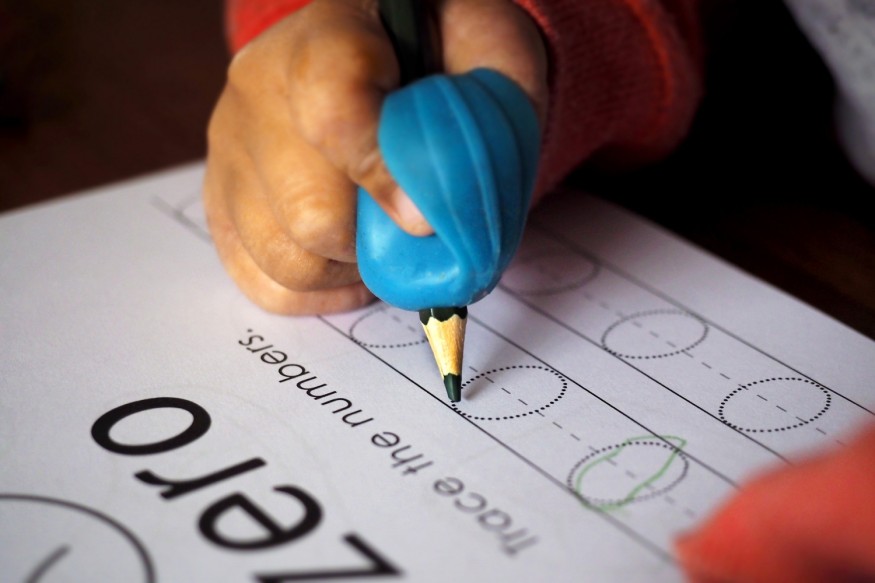The "Sidewalk School" on the US-Mexico Border

Rosario Mederos teaches several pupils who are residing in nearby camps their alphabet and numbers. She has raised her voice to respectfully speak about the uproar at the United States border of a vibrant refugee camp.
She had informed a news website with a breath previously this year that a lot of children in the camp can hardly read and write.
Mederos is not an instructor by profession. Eight months ago, she came intending to transfer to the United States, just like anybody else. Today she helps to give young children simple lessons to preserve their essential education as they wait for the US officials to address asylum requests for their families.
Felicia Rangel-Samponaro, and five other teachers, sit on the ground as they are surrounded by nearly 100 children writing, reading from their workbooks, and eating snacks that have been brought by locals and activists who ensure all of this is made possible.
The teachers of the makeshift school
For ages, she had worked in a religious community that was attended by refugees and asylum seekers. She stated that early last summer, the influx almost stopped as the United States Department of Homeland Security introduced the latest Migration Protection Protocols famously known as the Remain in Mexico policy, ceasing the asylum seeker's application for months during months of processing.
Rangel-Samponaro, the organizer of the academy, claimed that over 500 children in the migration limbo had been in a similar position.
In order to bring in more donations, Rangel-Sammonaro began to cross the border. However, the conditions had shifted. She has seen the same faces day after day rather than the flow of the people.
Every time she showed up, the children from the rapidly increasing camp started to embrace her. She crossed the border and began the makeshift school last August.
Check these out!
Researchers Around the World Scrambling for a Vaccine, Are They Close?
Insufficient Medical Equipment: Sick Health Workers and the 3rd Phase of COVID-19 in Mexico
'We're here for a dream'
She has invested everything that she has in this initiative; however, the children in this camp do not appear to be moving on soon.
The school organizes lectures to understand complex laws of migration to camp adults. She assists her teachers in directing their asylum case proceedings and to around 500 children she has provided supplies.
With her palm on the cheek, as she watched over the children crowded on a pavement just before sunset, she told a news website: "The school has to keep going, so many people who have no other option depend on it."
The school now looks completely different from the dread of the latest coronavirus. Rangel-Samponaro lately posted on Facebook that the school has launched virtual lessons and provided tablets for some pupils to pursue their education. The school also includes lunch and school supplies.
The US immigration proceedings have also been put off, causing many others to wait for further time to determine the results of their asylum cases as well as to give importance to makeshift schools such as Rangel-Samponaro's.
Subscribe to Latin Post!
Sign up for our free newsletter for the Latest coverage!
















